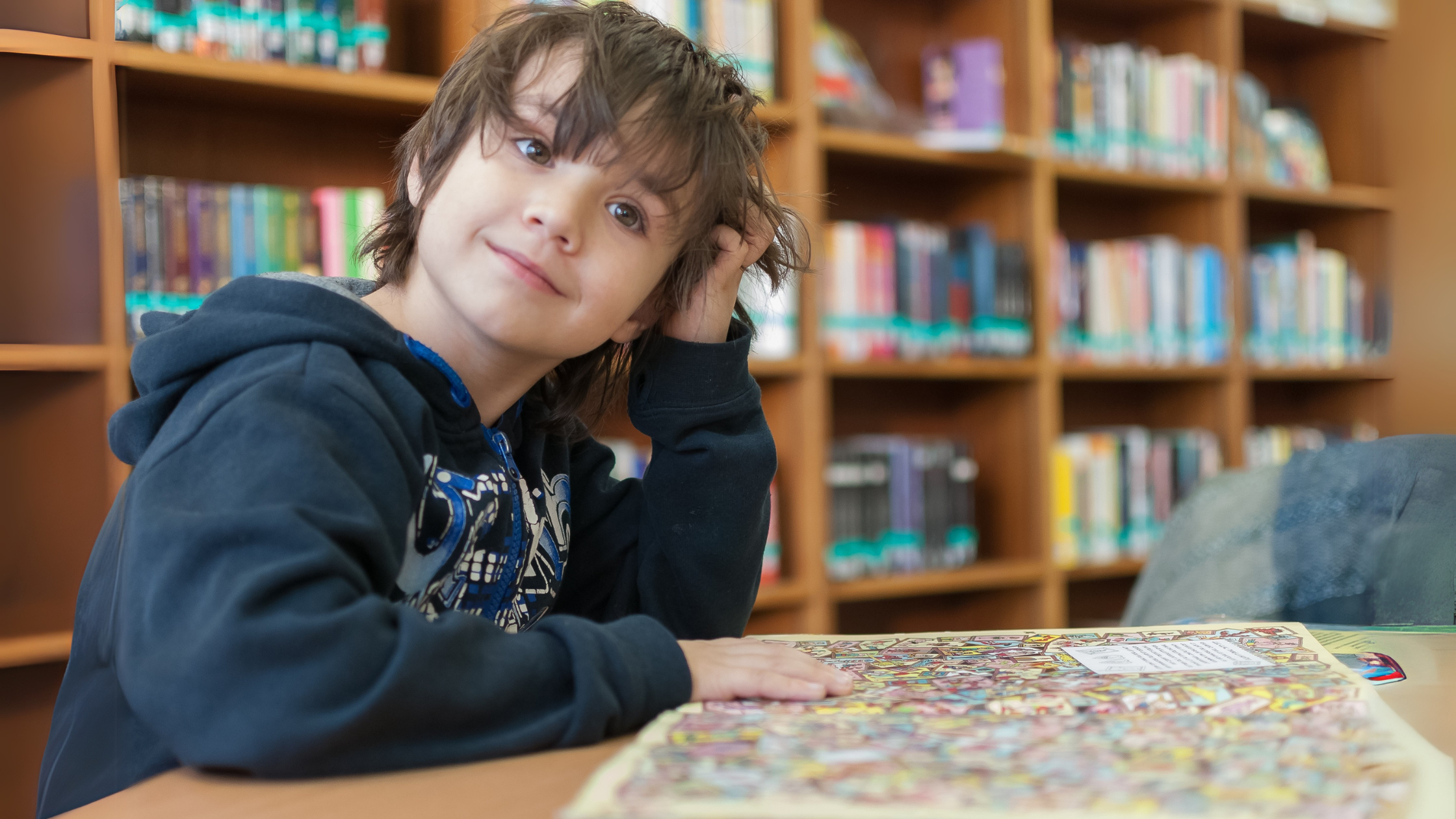Introduction
In today’s fast-paced and unpredictable world, decision-making isn’t just a skill—it’s a survival tool. Children who learn to make thoughtful choices from an early age are better equipped to handle challenges, solve problems, and adapt to new situations. In contrast, a lack of decision-making skills can lead to hesitation, dependence, and struggles with responsibilities and relationships in adulthood.
Imagine being unable to choose between two simple options—what color to paint a room or which meal to order—because the practice of making decisions wasn’t nurtured early on. This guide explores why decision-making matters and how parents can nurture this essential skill in their children.
Understanding Decision-Making in Kids

At its core, decision-making is the ability to evaluate options, weigh pros and cons, and confidently pick a course of action. As children grow, this ability evolves, shaped by their environment, experiences, and the guidance they receive.
Why decision-making matters:
Builds Confidence and Independence
Every decision a child makes strengthens their trust in their instincts and judgment. This confidence lays the foundation for independence, enabling them to rely less on others as they grow.Prepares Kids for Real-Life Situations
Life is full of decisions, from choosing a career to resolving conflicts. Early practice equips children to navigate these challenges with clarity and resilience.
A Real-Life Example
In a bustling mall, Sarah is excited to shop for her new home. Browsing shelves teeming with decorative pieces, she picks a few items after much deliberation. But at the checkout, hesitation strikes. One by one, she second-guesses her choices until only two items remain in her basket.
Later, her friend asks why she struggled so much. Sarah reflects on her childhood: a controlling nanny had made all her choices—clothes, meals, even playtime. Over time, this lack of autonomy eroded her confidence, leaving her unsure of even the simplest decisions as an adult.
This scenario highlights the lasting impact of not nurturing decision-making in childhood.
Warning Signs: When Kids Struggle with Decision-Making
Children who struggle with decision-making often exhibit these subtle signs:
Fear of Making Mistakes
Overly criticized children may develop a fear of failure, becoming hesitant to make decisions—even when there are no significant consequences.
Over-Reliance on Others
If kids aren’t encouraged to make decisions, they often grow dependent on others for guidance, seeking constant validation for even the simplest choices.Difficulty Handling Consequences
Shielding kids from the repercussions of poor choices denies them valuable lessons about how decisions impact their lives.
Long-Term Consequences

When decision-making skills aren’t nurtured, the impact extends into adulthood, manifesting as:
● Reduced Confidence and Hesitancy: Adults may struggle with low self-esteem and avoid responsibility.
● Challenges in Relationships: Navigating personal and professional dynamics becomes difficult without decision-making skills.
● Increased Stress: Routine tasks feel overwhelming, leading to a constant state of pressure.
The Role of Parents in Nurturing Decision -Making
Children learn decision-making through observation and practice. Here’s how parents can guide them effectively:
Provide Opportunities to Make Choices
Let children choose their outfits, snacks, or play activities.
Example: Allow your child to decide what to wear to a party. Offer guidance, but let the final choice be theirs.
Encourage Problem-Solving
Ask open-ended questions like, “What do you think we should do?” This nurtures critical thinking and helps them develop problem-solving skills.Teach Consequences
Explain outcomes without judgment. Avoid micromanaging trivial matters and let kids learn from their decisions.
Example: While shopping, give your child a budget and let them decide how to spend it wisely.Build Emotional Regulation
Help kids handle frustration or disappointment when decisions don’t go as planned. Teach them that mistakes are learning opportunities, not failures.
Practice Decision-Making Together
Involve them in family decisions, like planning trips or meals. Giving them responsibilities builds confidence and instills a sense of ownership.
Conclusion
Decision-making is a cornerstone of personal growth and resilience—it thrives through practice, not perfection. By fostering an environment of trust, guidance, and respect, parents empower children to make their own choices, learn from outcomes, and build self-assurance.
Key tips to nurture decision-making:
● Avoid over-parenting; let kids explore and make mistakes.
● Value their opinions and focus on lessons rather than errors.
● Give unstructured time for experimentation and creativity.
When children are encouraged to take ownership of their decisions, they develop the independence and confidence needed to thrive in life.
So, what decision will you let your child make today?
"The greatest gifts you can give your children are the roots of responsibility and the wings of independence." – Denis Waitley

DROOMPLANET
Story-based Programs
2019 © DroomPlanet Pvt. Ltd. All rights reserved




